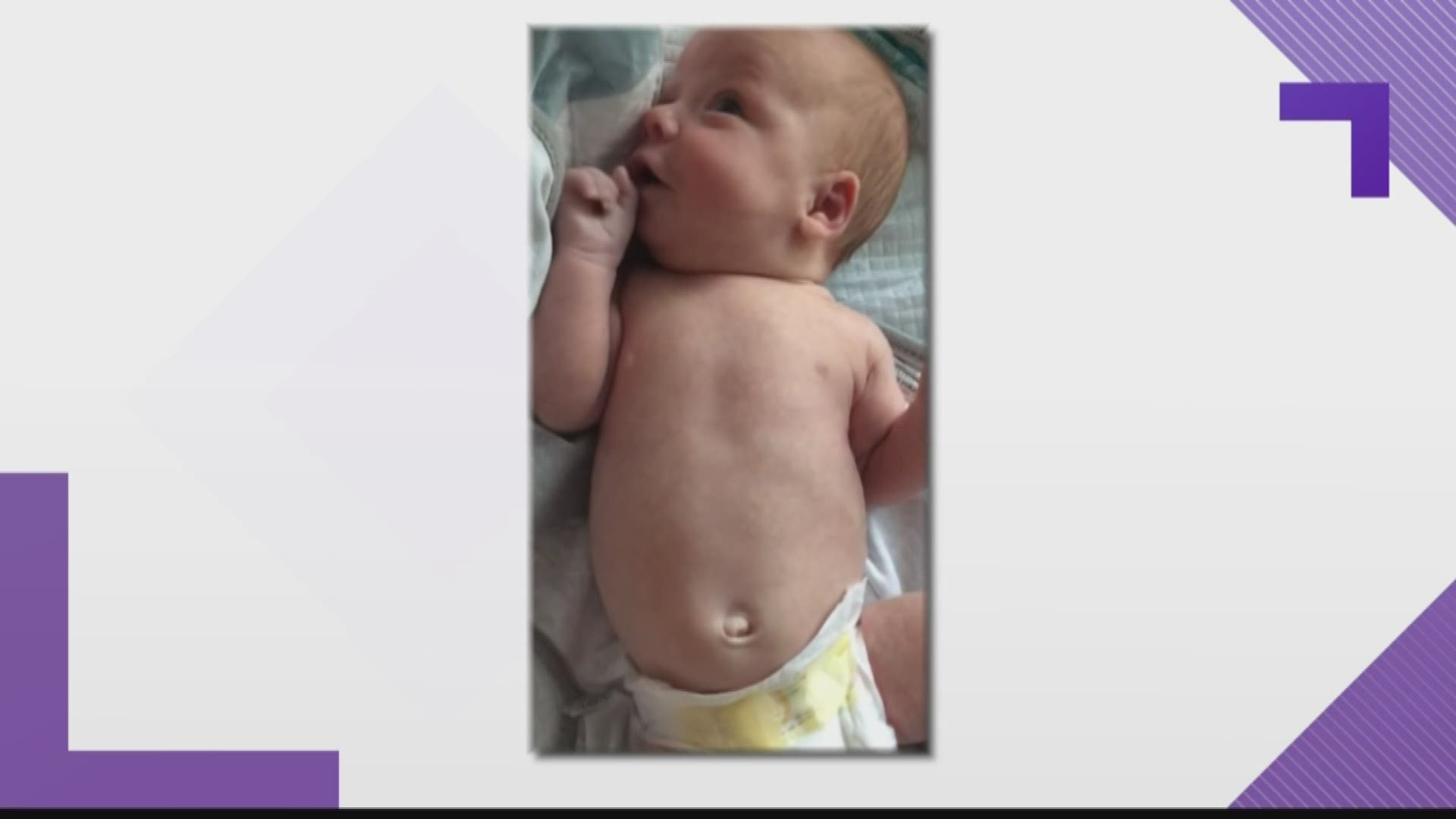what is rsv in babies mean
More serious RSV infections eventually reach down into the lower respiratory tract bronchial tubes and lungs. 4 hours agoChildrens hospitals in parts of the US.

Rsv Do You Know The Signs Mom Unleashed
Symptoms of RSV in infants include.
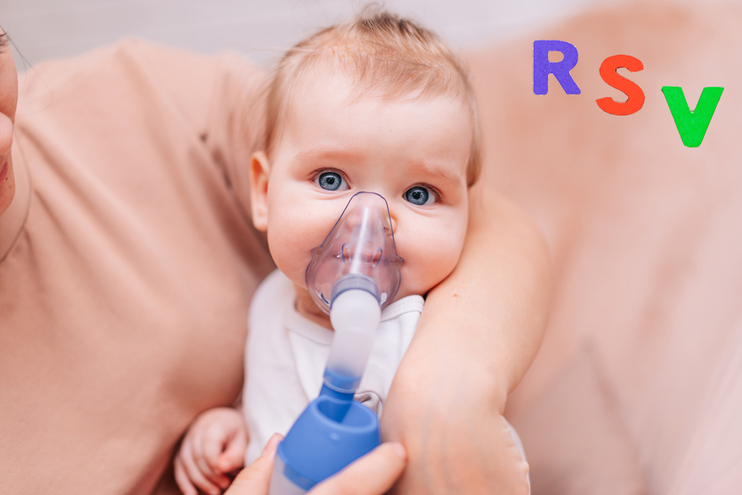
. RSV is a viral illness that causes trouble breathing. Rapid breathing or difficulty breathing the person may prefer to sit up rather than lie down. Most infants have had this infection by age 2.
Direct person-to-person contact with saliva mucus. Respiratory syncytial virus is a common and very contagious virus that infects the respiratory tract of most children before their second birthday. It enters the body through the nose or eyes or usually from.
In fact RSV is so common that nearly all children get the infection by the time they reach 3 years old. A sign that the infection is worsening is when symptoms get more severe. But rsv in babies is most serious.
Rsv is a virus that causes acute respiratory tract infections in infants children and adults. Most cases are mild. But in infants an rsv.
The virus commonly causes respiratory tract infections and symptoms of a mild cold especially in. Are seeing a surge in a common respiratory illness that can cause severe breathing problems for babies. Common respiratory viruses particularly RSV respiratory syncytial virus are causing an unusually high number of cases and hospitalizations among kids putting a strain.
For most babies and young. It can progress beyond the upper. RSV spreads just like a common-cold virusfrom one person to another.
By age 2 nearly every child will have been infected. RSV positive means a person has a respiratory syncytial virus infection. Bluish color of the skin due to lack of oxygen cyanosis Infants are most severely.
Outbreaks of RSV infections most. A long exhale sound usually exhaling is pretty fast in RSV it is longer than the inhale sound Flaring of your babys nostrils with every breath. It is more common in winter and early spring months.
Increased work of breath retractions using neck and rib muscles to breathe Because RSV is a small airway disease and infants have the smallest. For most babies and young children the. RSV is the most common germ that causes lung and airway infections in infants and young children.
Most babies have been infected at least once by the time they are 2 years old. RSV cases fell dramatically two. Respiratory Syncytial Virus otherwise known as RSV is a very common and contagious viral infection affecting most babies before they are two years old.
RSV is most common in infants between 2 and 8 months of age. In many ways RSV looks like any other respiratory infection. Children younger than 1 year of age according to the CDC.
RSV can also affect people of ages but its especially common in infants and young children. RSV is the most common cause of bronchiolitis and pneumonia in US.

Respiratory Syncytial Virus Rsv

What Is Rsv Respiratory Syncytial Virus Goodrx

Rsv In Babies How To Detect Symptoms And Treatments
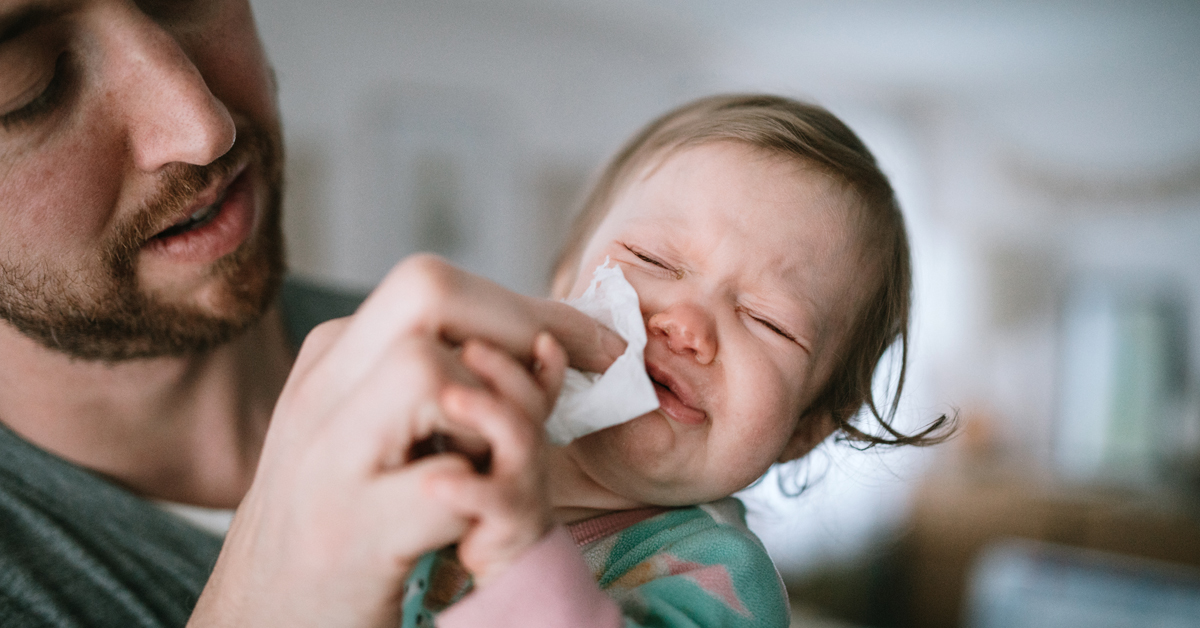
Does Your Child Have A Cold Or Rsv Mercy Health Blog
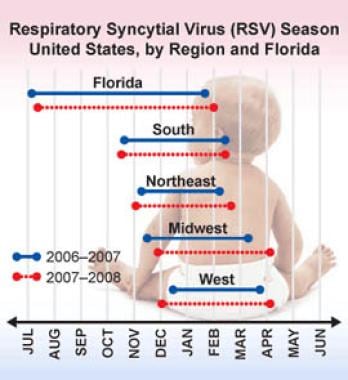
Respiratory Syncytial Virus Infection Practice Essentials Background Pathophysiology
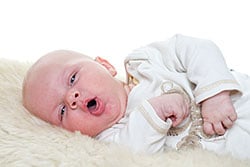
Rsv In Infants And Young Children Cdc

What Is Rsv Respiratory Syncytial Virus Symptoms In Babies Adults

The Burden Of Respiratory Syncytial Virus Understanding Impacts On The Nhs Society And Economy Rand
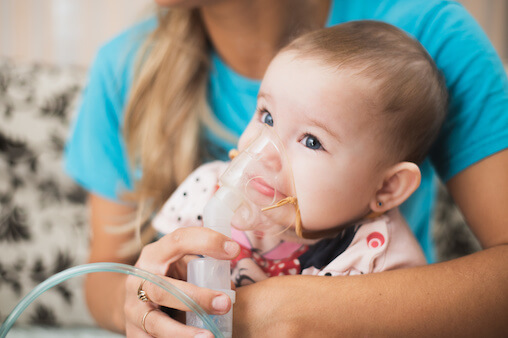
Signs Of Rsv In Babies Continuum

Cincinnati Children S Rsv Vaccine Trial Provided For Pregnant Mothers
Winter Means Cold Flu And Rsv Parentguide News

Rsv Respiratory Syncytial Virus Symptoms Causes Treatment Everyday Health

Respiratory Syncytial Virus Rsv Definition Symptoms Treatment Transmission

Respiratory Syncytial Virus Rsv National Foundation For Infectious Diseases
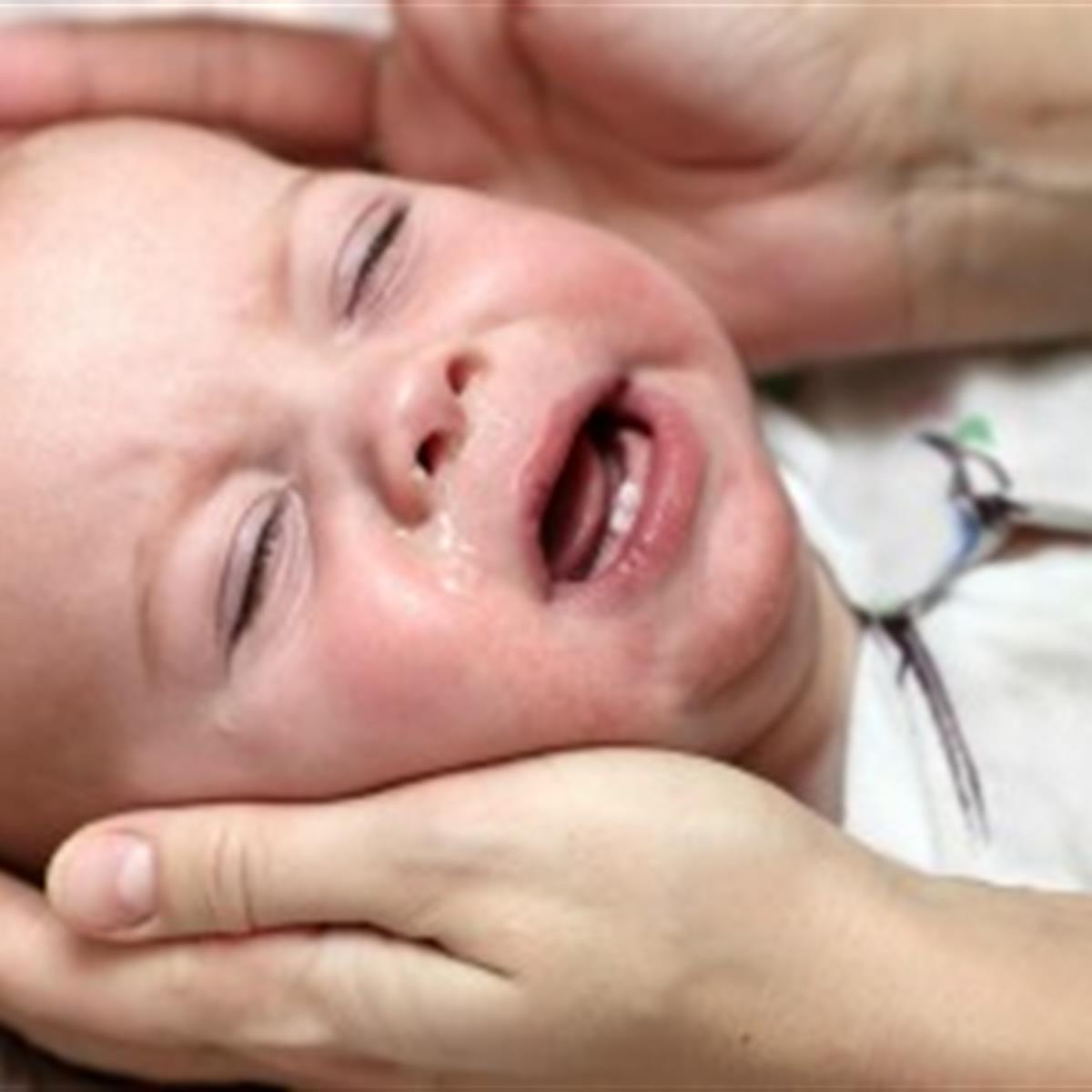
Rsv When It S More Than Just A Cold Healthychildren Org



